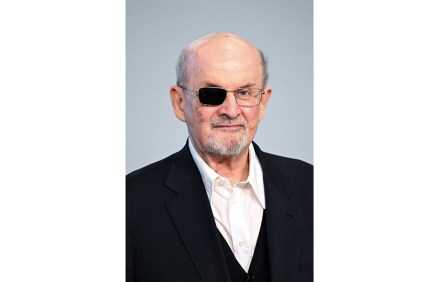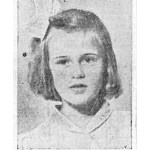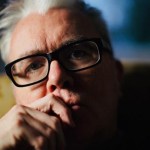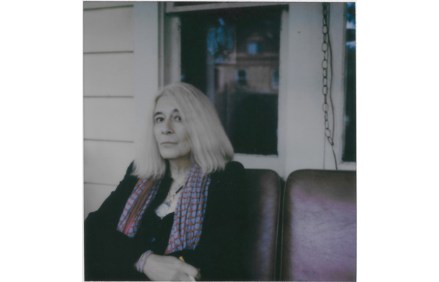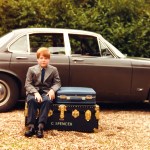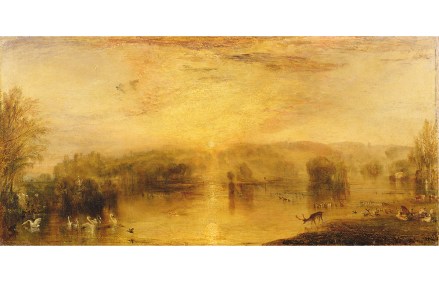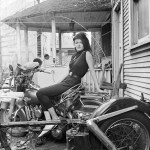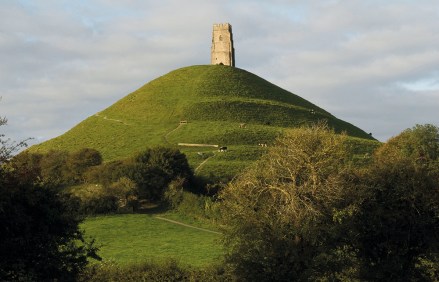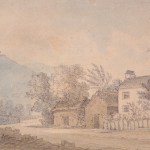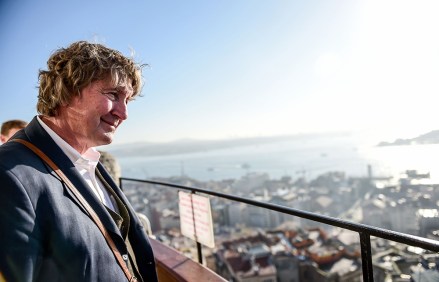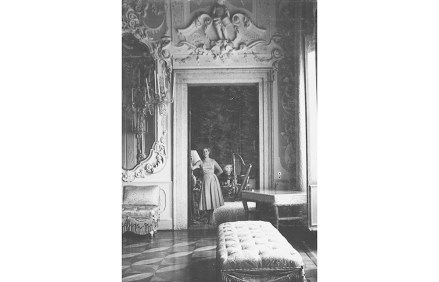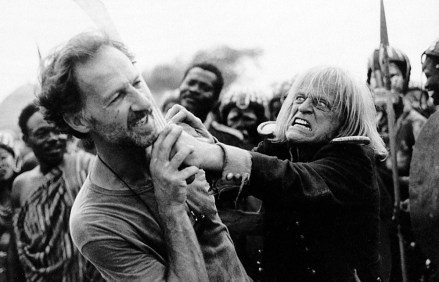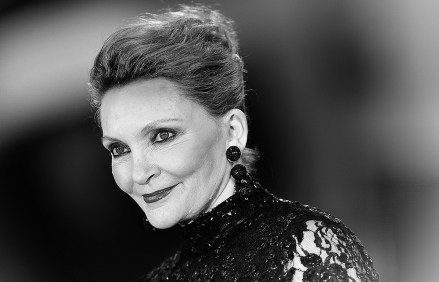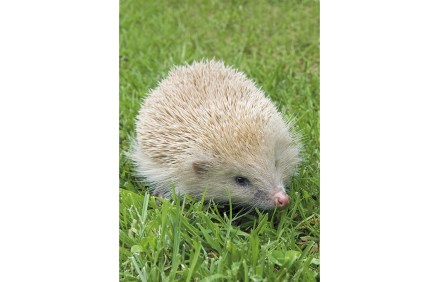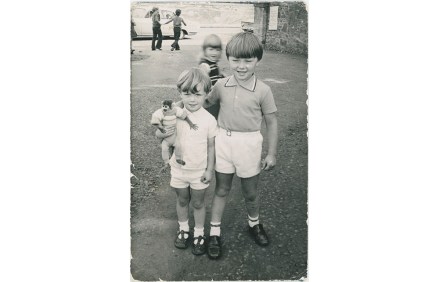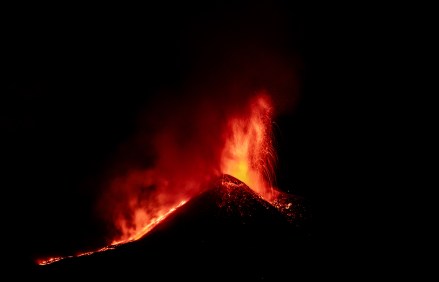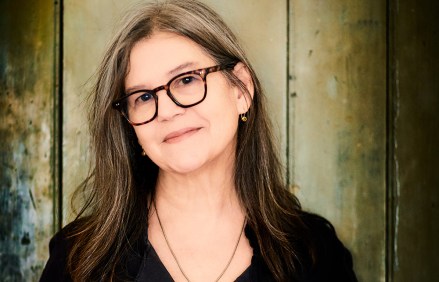To Salman Rushdie, a dream before his attempted murder ‘felt like a premonition’
Salman Rushdie has long hated and struggled against the idea that the 1989 fatwa pronounced on him after the publication of The Satanic Verses should define his career or his life. It was, as he frequently pointed out, a book he published only a quarter of the way through his career. He wanted the life of a writer, and for his books – even ‘that book’ – to be read as books rather than as footnotes to an episode in his biography or tokens in some pre-digital culture wars. Two nights before the reading, Rushdie dreamt he was attacked by a man with a spear in a Roman amphitheatre He
